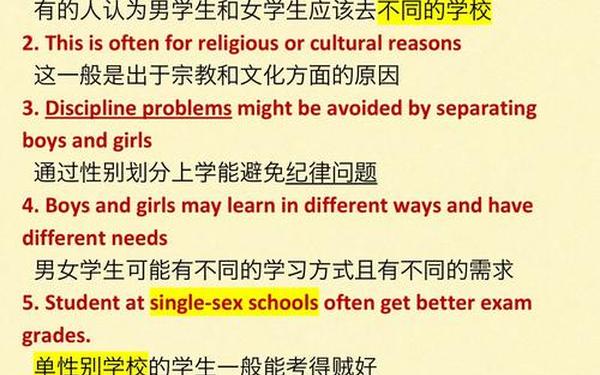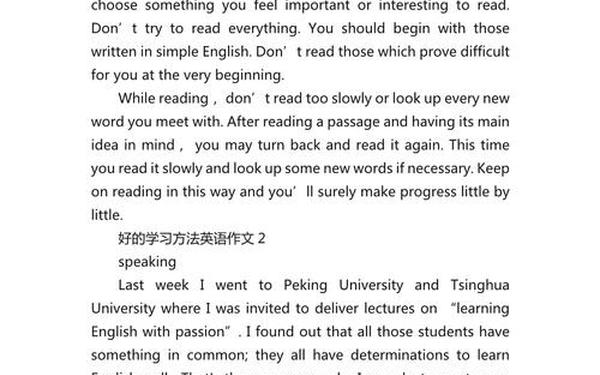以下是一篇关于“Studying Abroad”的英语作文框架及内容参考,结合了多篇范文和学术写作建议,适合考试或留学申请文书使用:
Studying Abroad: Opportunities and Challenges
Introduction
With globalization accelerating, studying abroad has become a popular choice for students seeking academic excellence and cultural exposure. While it offers unparalleled opportunities, it also poses challenges that require careful consideration.
Advantages of Studying Abroad
1. Broadening Perspectives
Living in a foreign country allows students to interact with peers from diverse cultural backgrounds, fostering open-mindedness and adaptability. As noted in one essay, international campuses expose students to "diverse ideas and values," which challenge preconceived notions and encourage critical thinking .
2. Enhancing Language Proficiency
Immersion in a native-speaking environment accelerates language learning. For instance, daily communication in English or other languages improves fluency more effectively than classroom-based learning alone .
3. Access to Advanced Resources
Many universities abroad boast cutting-edge facilities and renowned faculty. Students can engage in innovative research projects, gaining skills that may be scarce in their home countries .
4. Personal Growth
Navigating life independently in a foreign culture builds resilience. As one study highlights, overcoming challenges like homesickness or cultural shock contributes to emotional maturity and self-reliance .
Challenges to Consider

1. Financial Burden
Tuition fees, accommodation, and living expenses can be prohibitive. Some argue that the high cost may not always justify the benefits, especially if similar academic programs exist domestically .
2. Cultural Adaptation
Differences in social norms, food, and communication styles may lead to isolation. A 2021 essay warns that "language and cultural barriers" can hinder academic performance and mental well-being .
3. Academic Pressure
Competitive academic environments demand rigorous effort. Students must adapt to unfamiliar teaching methods, such as emphasis on independent research and class participation .
Balancing the Pros and Cons
While studying abroad involves sacrifices, its long-term rewards often outweigh the difficulties. For example:
However, success depends on thorough preparation. Prospective students should:
Conclusion
Studying abroad is not merely an academic pursuit but a transformative life experience. As E.B. White remarked, "Writing is an act of faith, not a trick of grammar"—similarly, thriving abroad requires courage to embrace uncertainty and grow from it . For those willing to navigate its complexities, the journey promises intellectual enrichment and lifelong memories.
写作技巧与引用参考
1. 结构清晰:采用“总-分-总”结构,首段引出主题,中间分段讨论优缺点,结尾总结观点 。
2. 例证结合:引用具体研究、名人观点或统计数据增强说服力(如语言提升、职业优势)。
3. 语言风格:避免模板化表达,用个性化经历(如克服文化冲击的故事)体现独特性 。
4. 批判性思维:辩证分析留学的利弊,而非单向推崇 。
如需进一步扩展,可参考网页中提供的完整范文和学术写作指南 。


